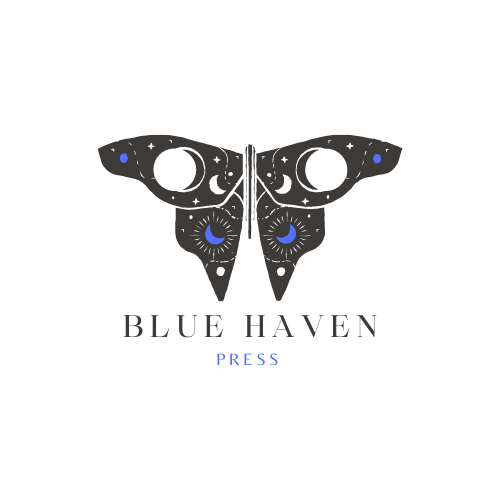 This is the story of two families conjoined by the social welfare system. It’s a quiet, heartfelt story that poses big, loud questions. Ginny Cheng is a hardworking woman who lives in Vancouver’s Chinatown and adores her daughters. Casey and Jamie Cheng are also conjoined…by family, by struggle, by experiences that shape their destiny. Enter Donna Campbell. Another hardworking woman; Donna longs to help all children. A foster mother, she bears the secret of her own conjoining.
This is the story of two families conjoined by the social welfare system. It’s a quiet, heartfelt story that poses big, loud questions. Ginny Cheng is a hardworking woman who lives in Vancouver’s Chinatown and adores her daughters. Casey and Jamie Cheng are also conjoined…by family, by struggle, by experiences that shape their destiny. Enter Donna Campbell. Another hardworking woman; Donna longs to help all children. A foster mother, she bears the secret of her own conjoining.
The novel follows these two families for several decades, beginning in 2016, when the protagonist, Jessica Campbell, and her father are cleaning out the basement after Donna’s death. In the bottom of two freezers, they discover the bodies of Casey and Jamie Cheng. Jessica remembers when they lived in this house for a brief time as foster kids in the late 1980s before they ran away. Questions arise. Did Donna kill them? Why would Donna kill them? What brought the girls to this house in the first place? What is their story?
The next morning, they came with almost nothing: just one small backpack between the two of them and even that was only half-full. It was just them, really, and their baggie no-name jeans. Donna’s house was full–bulk bin oats; piles of books; unsorted laundry, both dirty and clean–and they slid in, cutting through the air, their girl bodies like slivers.
Jessica was ten, and Jamie and Casey were thirteen and fourteen, the kind of girls who stood at angles, their elbows and knees and shoulders just points on thin, thin, bodies. They were beautiful, the two of them, but it was Casey, the older one, who had the eyes that were long and still, whose face was shaped as if it had been drawn with a fine-nibbed pen. Jamie was cute, but Casey made Jessica want to run away and hide under a quilt, ashamed by her huge curly hair, her ungainly height. If I could, she thought, I would peel that face right off her and press it down over mine.
 There are things I really like about this novel. Jen Sookfong Lee is a creative writing teacher at Simon Fraser University and UBC, and her expertise appears in sensually-crafted passages.
There are things I really like about this novel. Jen Sookfong Lee is a creative writing teacher at Simon Fraser University and UBC, and her expertise appears in sensually-crafted passages.
I met Jen at one of her memoir-writing workshops, and later sat down with her for a critique of my own work. She is bright, spunky, honest, and real. Her experiences growing up in East Vancouver glow like a watermark in this book. We see Vancouver through the decades–the sea-scarred cliffs of Lions Bay in the 1950s, Chinatown and suburban Vancouver in the 1980s, the granite-countered condos of 2016–and we see the innards of the families who live and work there.
Jen’s characters are real folks with real lives who suffer, swear, and sweat. Her men seem peripheral; agents of doom. Her women strong. I am drawn to Donna, the earth mother who tries so hard to nurture and sustain life; who pickles, preserves, grows her own food, and stocks her shelves like a health food store. Perhaps, I relate to 1980s Donna. And, I empathize with Ginny Cheng who loses her children despite her best efforts at being at good mom. Jessica Campbell, I applaud and admire. Her love affair with truth and liberation rings true. For in the end, it is the freedom to experience all that life offers, that we desire above all else.
No one had thought about the first breaths of transformation or the possibilities within windowless dens for chrysalis and birth and progress. Jessica clasped her hands over her stomach and held them tightly. If she let go, she might break into a mad, happy dance.

